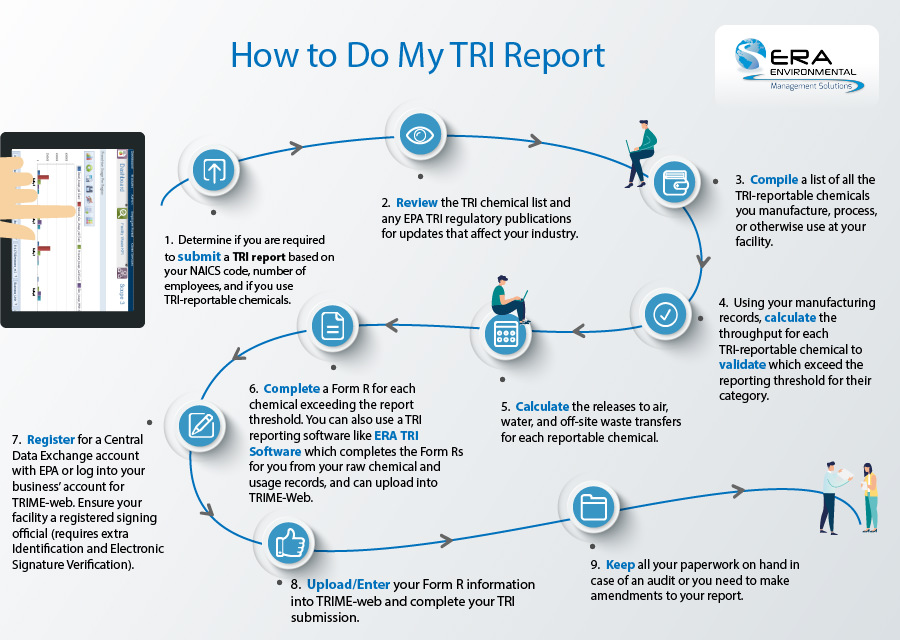What needs to be reported to the EPA?

Reporting to the Environmental Protection Agency (EPA) is an essential requirement for businesses and industries to ensure compliance with environmental regulations. This article provides an overview of what needs to be reported to the EPA, the importance of reporting, and the consequences of non-compliance.
Understanding EPA Reporting Requirements
What is the EPA?
The Environmental Protection Agency (EPA) is a federal agency in the United States responsible for protecting human health and the environment. The EPA sets and enforces regulations to ensure environmental protection across various sectors and industries.
Why are reporting requirements necessary?
Reporting requirements are necessary to monitor and regulate activities that may have adverse effects on the environment. By reporting specific information, the EPA can assess potential risks and take necessary actions to protect the environment and public health.
Who is responsible for reporting to the EPA?
The responsibility for reporting to the EPA lies with businesses, industries, and facilities that engage in activities that fall under EPA regulations. This includes manufacturing, chemical processing, waste management, and other operations that may impact the environment.
Types of Information that Need to be Reported
Chemical Substances
Businesses must report information on the production, importation, use, and disposal of certain chemical substances. This helps the EPA track potentially harmful chemicals and evaluate their impact on the environment and human health.
Toxic Releases
Facilities that release toxic substances into the environment must report the quantities and types of chemicals released. This information is crucial in monitoring and reducing the impact of toxic substances on ecosystems and communities.
Air Emissions
Industries and facilities are required to report their air emissions, including pollutants and greenhouse gases. This allows the EPA to assess air quality, enforce emission standards, and develop strategies to mitigate the effects of air pollution.
Water Discharges
Businesses that discharge pollutants into rivers, lakes, or oceans must report the types and quantities of pollutants being discharged. This reporting helps the EPA protect water resources and ensure compliance with water quality standards.
Reporting Deadlines and Frequency
Reporting deadlines and frequency vary depending on the type of information being reported and the specific regulations that apply. It is important for businesses to stay updated on reporting requirements and submit accurate and timely reports to the EPA.
Consequences of Non-Compliance
Non-compliance with EPA reporting requirements can result in severe penalties, including fines, legal action, and reputational damage. Failure to report accurate information can also hinder the EPA's ability to address environmental risks effectively.
Best Practices for EPA Reporting
- Stay informed about the latest EPA regulations and reporting requirements.
- Maintain accurate records of relevant activities, such as chemical usage and emissions.
- Implement robust monitoring and tracking systems to ensure data accuracy.
- Submit reports on time and in compliance with EPA guidelines.
- Consider seeking professional assistance for complex reporting requirements.
Conclusion
Reporting to the EPA is a vital responsibility for businesses and industries to ensure environmental protection and compliance with regulations. By understanding the reporting requirements, businesses can contribute to safeguarding the environment and promoting sustainability.
Frequently Asked Questions
What are the penalties for not reporting to the EPA?
Penalties for not reporting to the EPA can include significant fines, legal action, and potential shutdown of operations. Non-compliance can also lead to reputational damage and increased scrutiny from regulatory authorities.
How often do reporting requirements change?
Reporting requirements can change periodically as new regulations are introduced or existing ones are updated. It is crucial for businesses to stay informed about these changes and adapt their reporting practices accordingly.
Are there any exemptions from EPA reporting?
Some small businesses may be exempt from certain reporting requirements based on their size or specific industry exemptions. However, it is essential to consult the EPA guidelines and regulations to determine if any exemptions apply to your business.
What resources are available to help with EPA reporting?
The EPA provides various resources and guidance documents to help businesses understand and comply with reporting requirements. Additionally, there are consulting firms and software solutions available that specialize in facilitating EPA reporting processes.

Leave a Reply